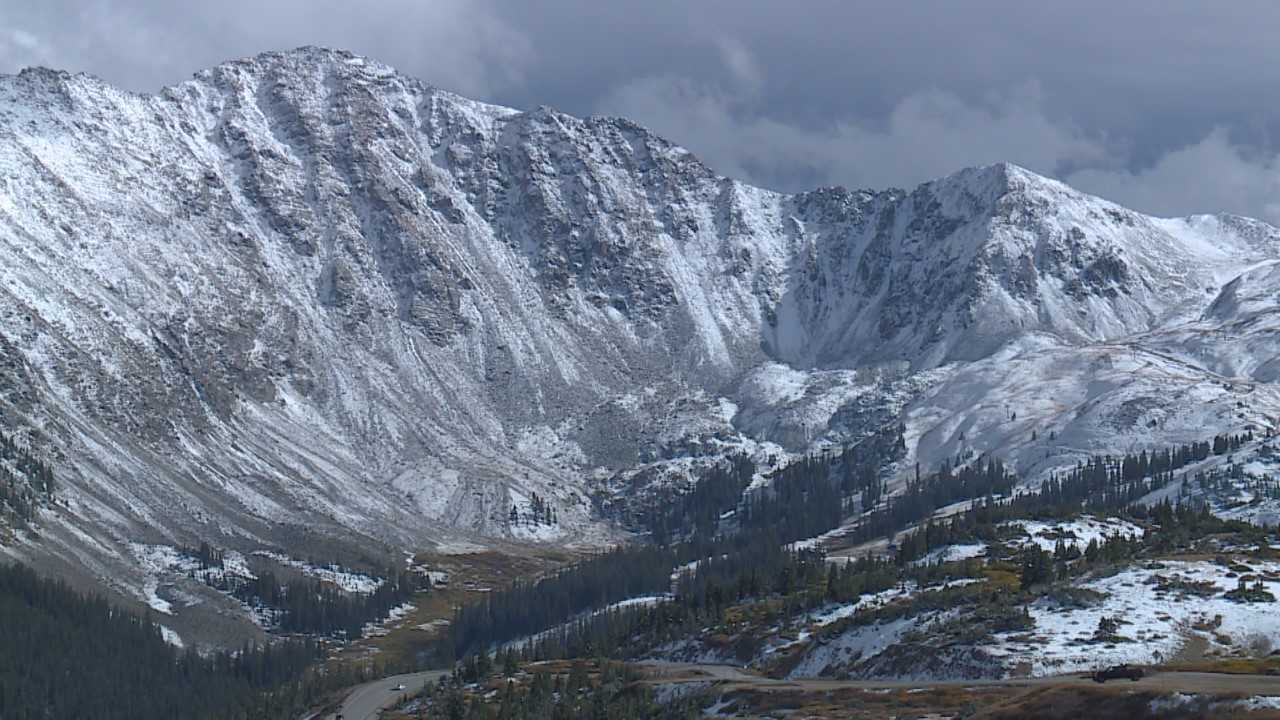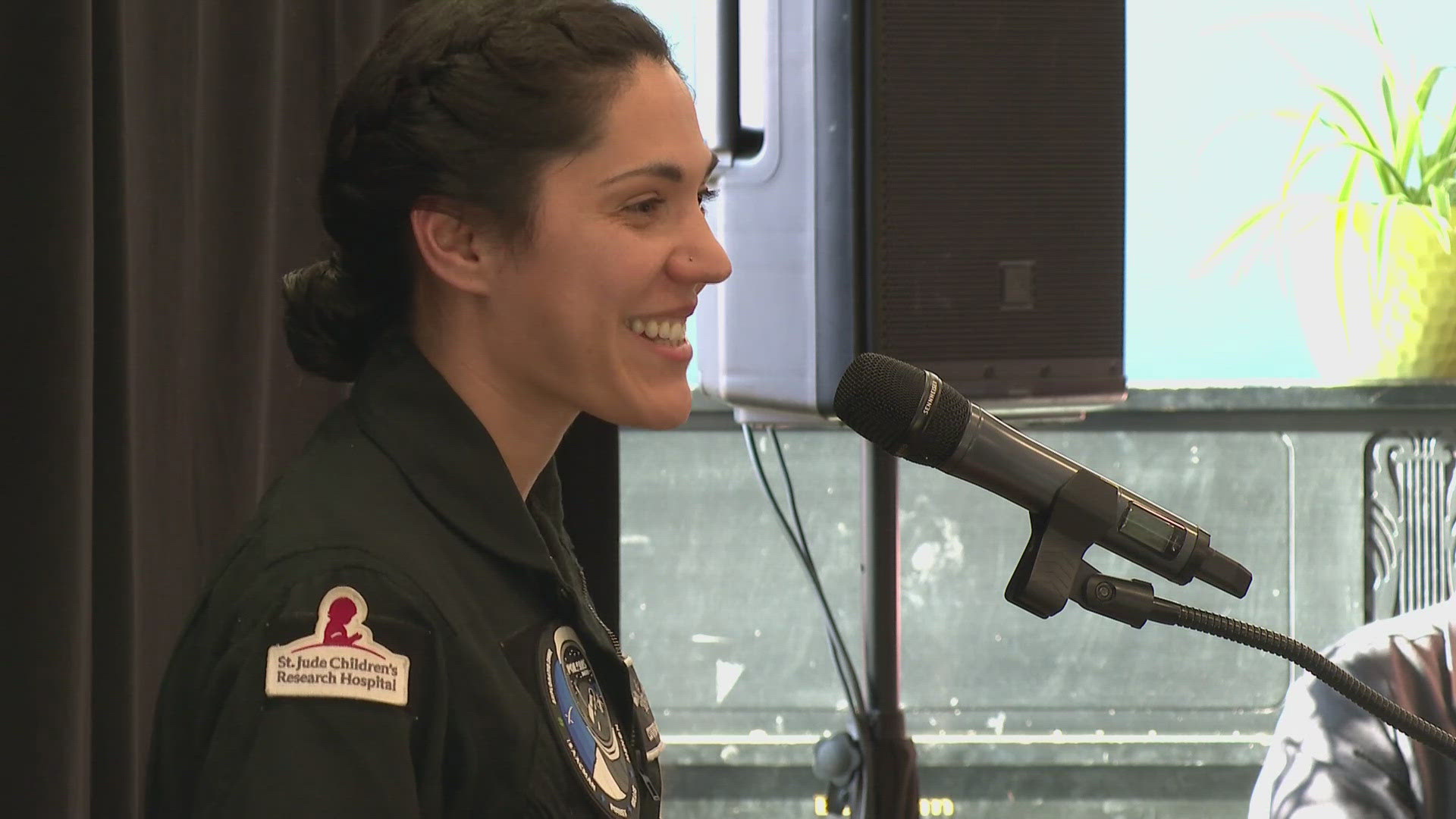Scientists are hard at work trying to figure out what impact global warming may have on our future. One group from the National Center for Atmospheric Research (NCAR) in Boulder, is trying to figure out the impacts on the ski industry. The ski area of the future may look very different, and someday the only ones left may be in Colorado.
NCAR says our climate has warmed by about one and a half degrees since the Industrial Revolution of the late 19th century.
Even slight temperature differences can have big impacts on where it snows, and where it rains. We could start to see drastic changes to the landscape of the countries ski industry, due to global warming.
The normal dividing line between snow and rain could rise in elevation. That would someday leave low lying ski areas with little to no snowpack. Colorado’s advantage is its high elevation.
“Well you don’t want to feel good at the expense of others, that’s not a good thing to do, but certainly our higher elevation resorts in Colorado are in a pretty good position with respect to climate change overall," said NCAR climate scientist David Gochis.
But even some areas of Colorado might not be immune to climate change if the warming continues as projected by some computer models. The snow will probably always be available up high, but what if the snow level becomes 9 or 10 thousand feet someday?
“I think you’ll see ski areas looking to probably diversify their operations to take advantage of certain opportunities that are going to be there, if say, the base of the mountain which is traditionally a focal point for an area, may have a shorter season or may be impacted by this," said Gochis.
The ski areas of the future may have to adjust their focal point to the highest terrain possible.
“Where you put more infrastructure, do you want to try to broaden your high elevation terrain if that’s an option, or do other things like providing access to backcountry skiing which is where a lot of the high elevation skiing is done in Colorado, it’s outside of areas, but it can be related to areas," said Gochis.
Gochis and his fellow scientists at NCAR are also researching extreme precipitation events. He says they are operating under the hypotheses that a warmer atmosphere can hold more water. Individual storms can then have higher rain and snowfall rates.
Gochis says they are seeing this with thunderstorms, and even some tropical systems, but now are starting to see that potential in winter snow storms.
That would translate to heavy rain at lower elevations - that are warming - and more snow for higher elevations. Base areas at some ski areas could have poor snowpack, or low snowpack, while just 1,000 feet up a lift, there would be more, and better snow than ever before.
Another change could be the length of a snow season. NCAR says there are already other parts of the country seeing later starts and early finishes to their ski seasons, and that will likely happen here in Colorado in the future. Colorado has 31 places listed as ski areas. The low elevation areas would be more likely to see this shorter season, while Colorado's numerous high elevation areas would be less susceptible.
Seven out of the eight base areas in the country, that are higher than 10,000 feet, are in Colorado. (Loveland, Monarch, Arapahoe Basin, Ski Cooper, Silverton Mountain, Wolf Creek, and Echo Mountain).
Loveland Ski Area will open Friday morning and become the second full-time ski area in the country to open before Halloween, the other one is A-Basin, right on the other side of the pass. Both of these openings are actually earlier than normal. Arapahoe Basin is also often open into June. Both of these facts back Colorado's possible immunity to global warming, but scientists warn that climate change is a very slow, and gradual process, with many anomalies along the way.
That makes planning for an uncertain future very difficult. NCAR scientists David Gochis, and Roy Rasmussen are working on a research paper that will further detail the timing and extent of global warming's impact on the ski industry and could show that someday, Colorado might be the last ski Mecca remaining.


